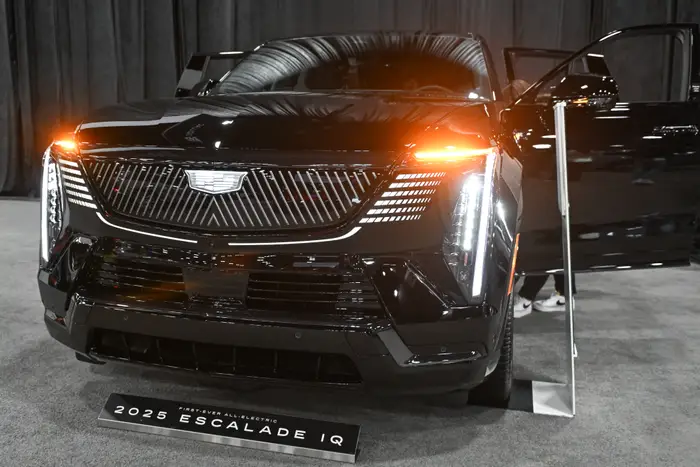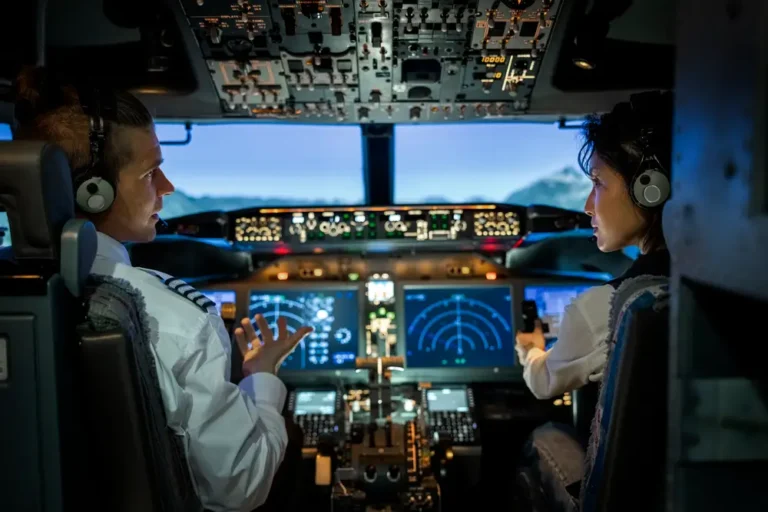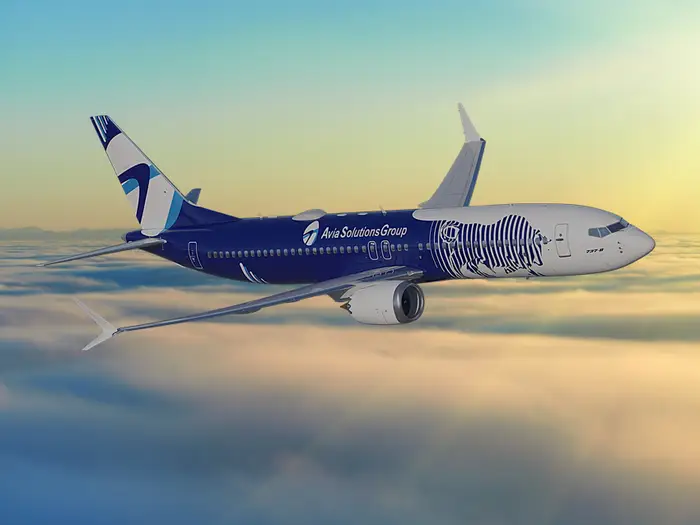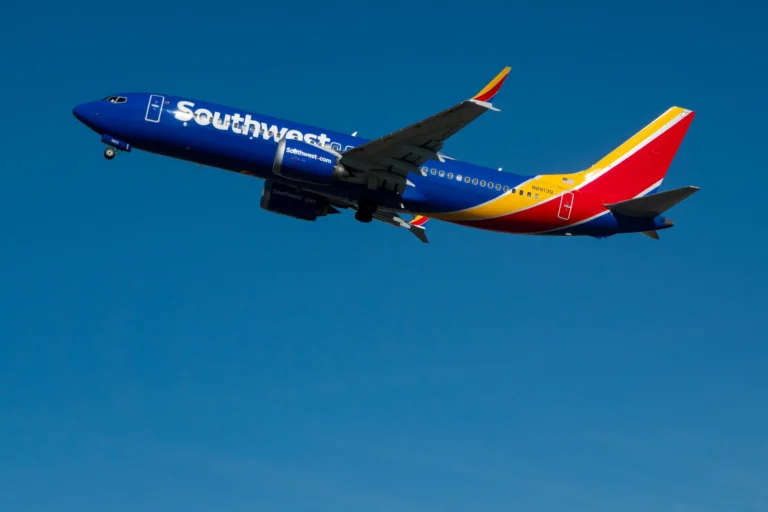Spirit executive: Other airlines want us out of business
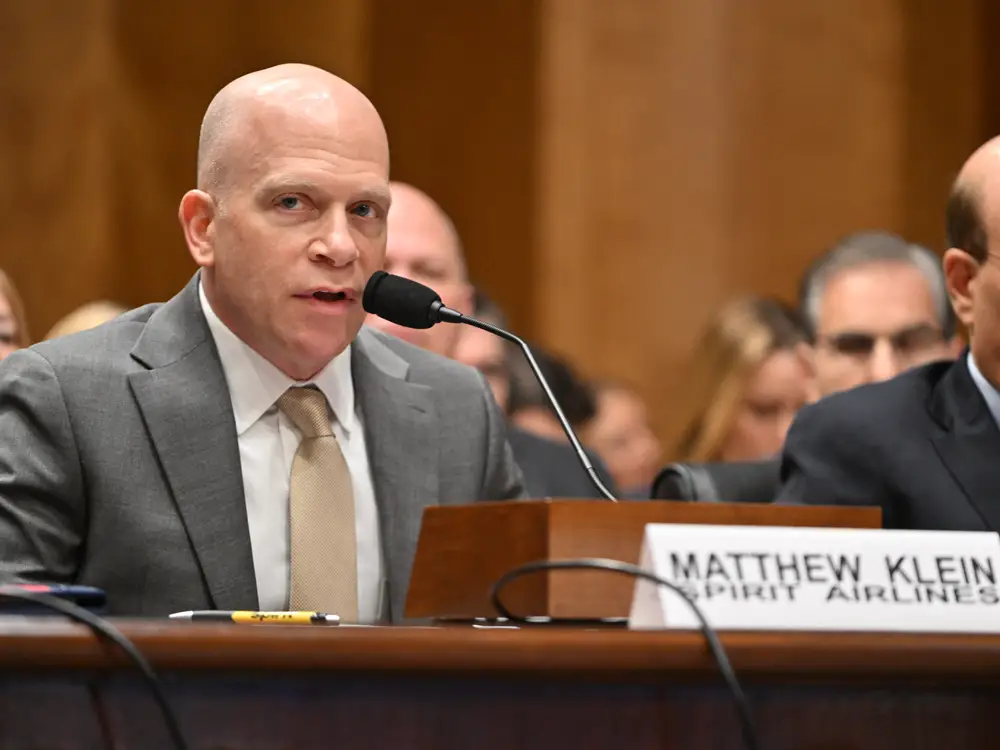
Spirit executive said other airlines are “gunning” for Spirit and want it “out of business.”
A Spirit Airlines executive blamed competitors for some of its financial and operational woes during a congressional hearing on Wednesday, pointing to factors including pilot staffing and limited airport access.
Chief commercial officer Matthew Klein told a Senate subcommittee that Spirit hasn’t been able to grow because the mainline airlines “manufactured” a pilot shortage during the pandemic and “poached” Spirit’s pilots.
When flying came to a halt during the COVID-19 pandemic, carriers trimmed pilot headcounts to cut costs.
“Some of our legacy carrier competitors basically paid the most senior pilots to retire early,” he said. “That, in fact, caused a pilot shortage in the industry, and then they turned around and hired a lot of our pilots.”
When flying ramped back up after the pandemic, airlines found themselves without enough pilots. This prompted large pay raises across the industry to fill the gaps.
Executives from Delta Air Lines, American Airlines, United Airlines, and Frontier Airlines also appeared at the hearing to answer questions about a November report covering what the committee said are excessive charges for seats and bags.
Spirit pilots are not paid as much as mainline pilots and could have left the company for better working conditions. Spirit’s published pay scale shows that its Airbus A319 and A320 first officers and captains make between $97 and $312 per hour, depending on seniority.
Pay rates seen by B-17 for American, Delta, and United show pilots flying the same Airbus aircraft make between $116 and about $360 per hour, depending on seniority and not including bonuses.
A Spirit spokesperson said they did not have anything to add about pay differences between airlines.
Klein also said pilots left partly because other airlines publicly said they were “gunning” for Spirit and” trying to put us out of business.”
United CEO Scott Kirby said in a June podcast that carriers like Spirit and Frontier are “going out of business” because of their “fundamentally flawed” business models and poor customer service.
Spirit slams mainline ‘dominance’
In his opening remarks, Klein encouraged the subcommittee to focus on the issues that he said are “by far the most impactful to consumers.” He said this included mainline hub and slot and pricing “dominance” and mainline loyalty and credit card programs.
Klein pointed to how the mainline dominance has impacted Spirit.
He said Spirit struggles to secure gates at major airports, suggesting this blocks Spirit’s access to routes and markets. He said when Spirit does get gates, they are often at the far end of terminals.
“This makes it difficult to provide a good guest experience and makes it difficult to operate efficiently and effectively,” Klein said. “It raises our costs, which then, of course, makes it harder for us to be profitable, and without being profitable, we certainly can’t grow.”
Klein’s subcommittee comments come after Spirit filed for Chapter 11 bankruptcy in November. The airline saved cash by furloughing pilots and selling $500 million worth of aircraft.
Budget airlines have been facing tough competition from mainline carriers amid rising costs across the industry.
Along with offering more premium seats and more inclusive fare bundles, Spirit and Frontier launched programs in 2022 that incentivized employees with bonuses for selling upgraded seats and catching oversized personal items.
Klein told the subcommittee that Spirit suspended the program on September 30. Instead, it has added more employees around the gate area to ensure customers comply with bag rules.
Frontier’s SVP and CCO Robert Schroeder would not commit to ending its incentive program during the hearing.

